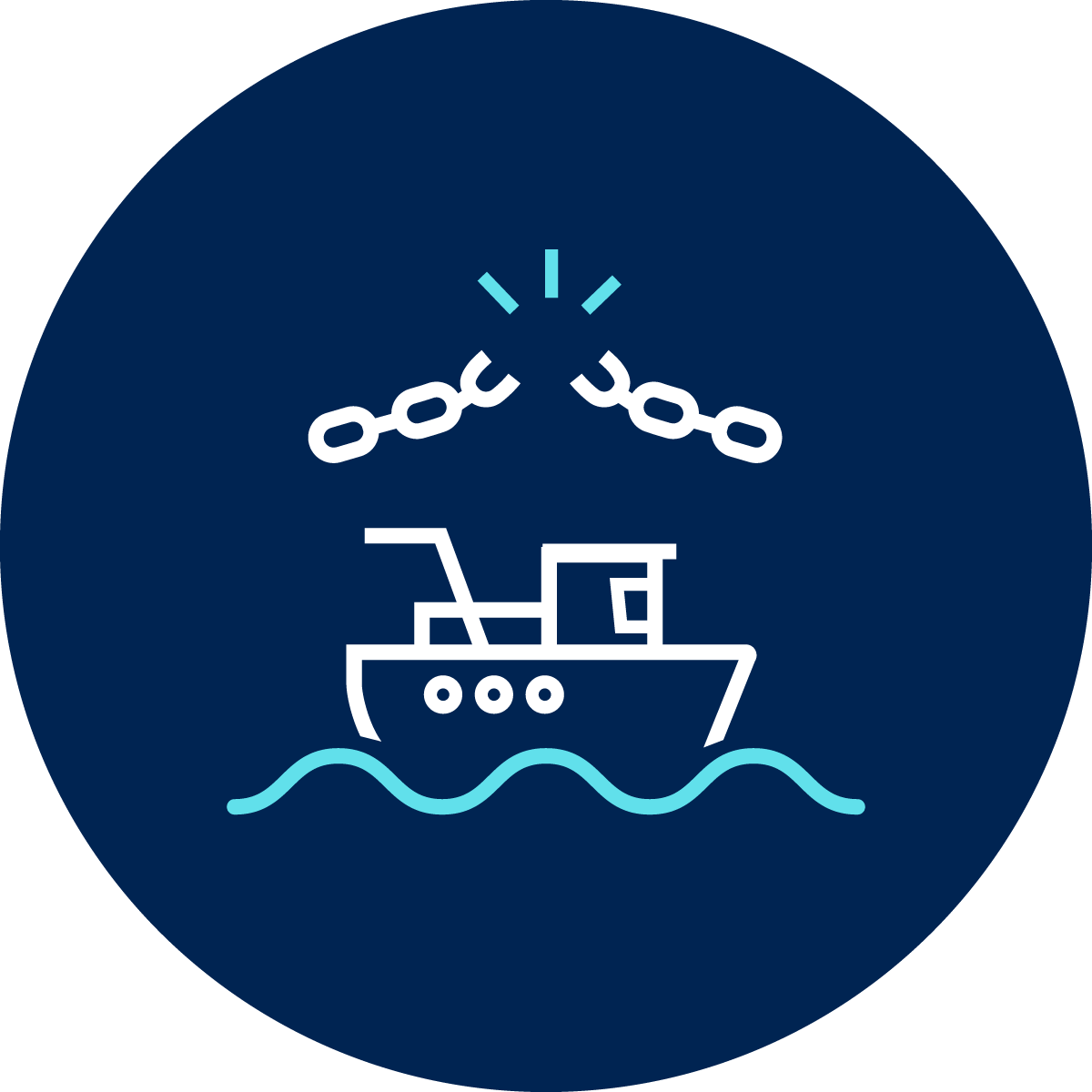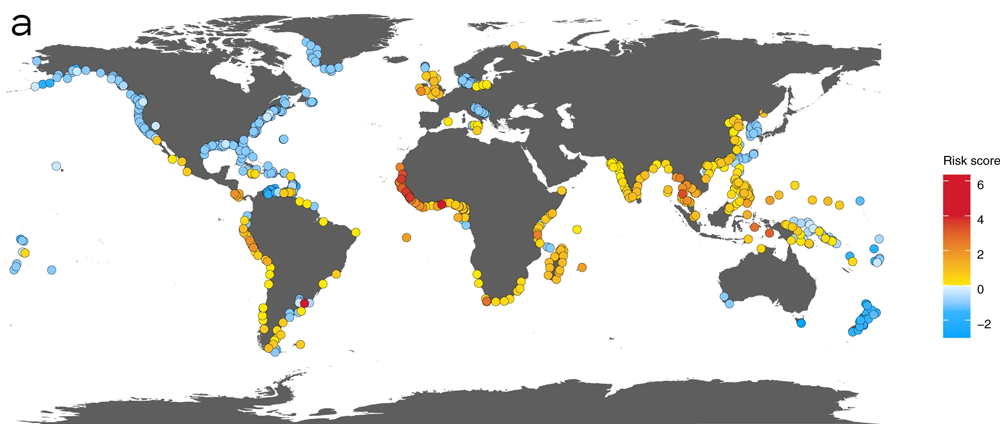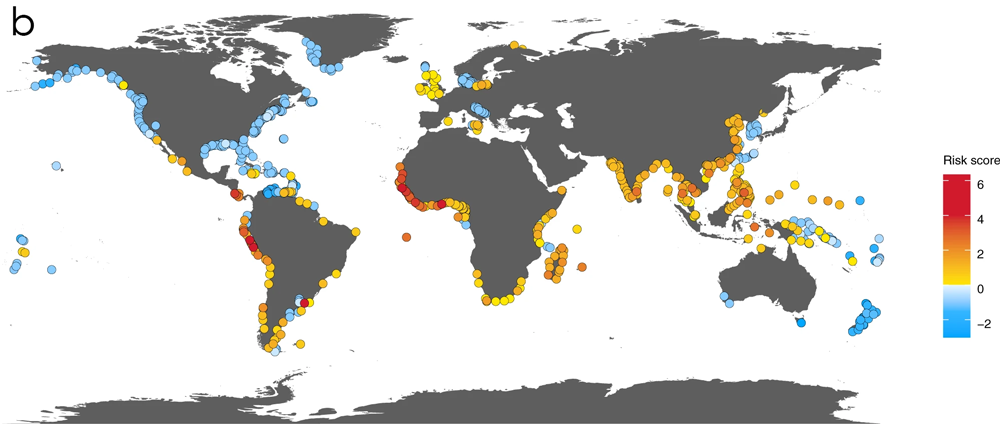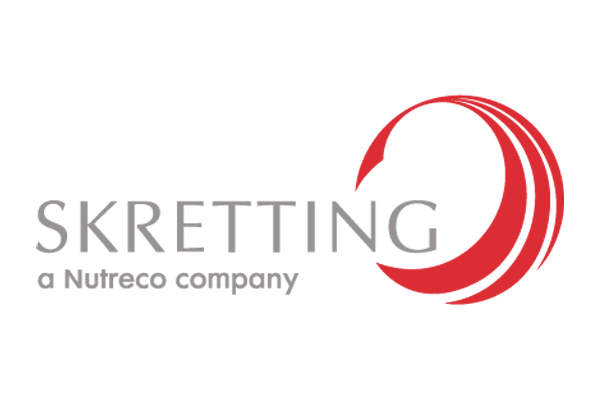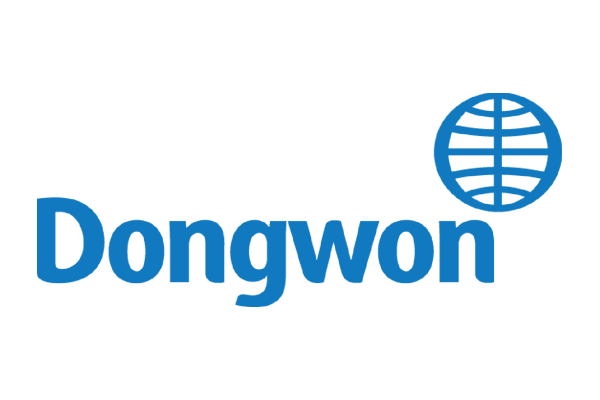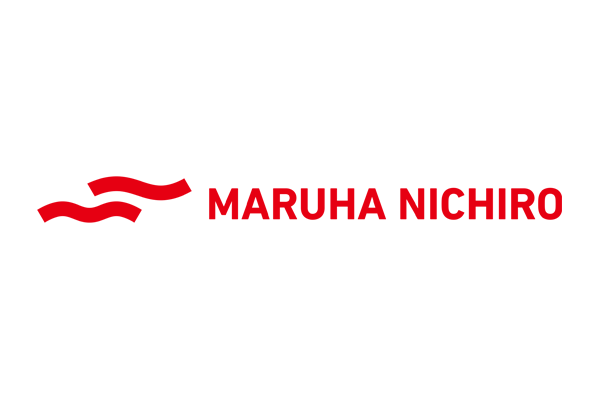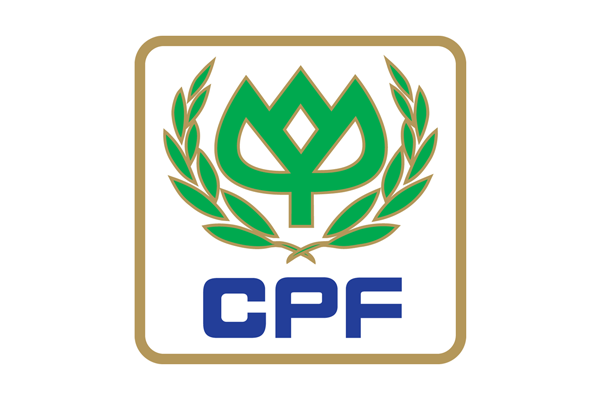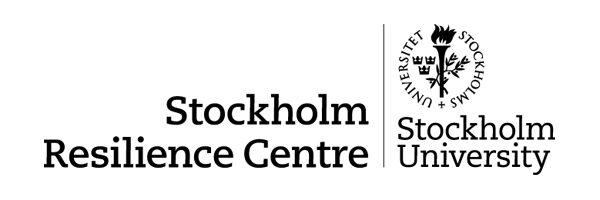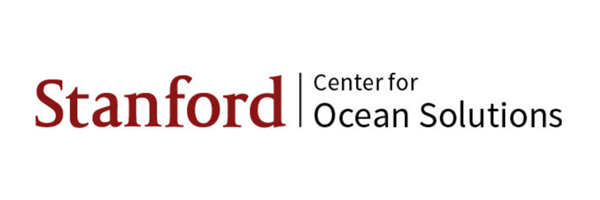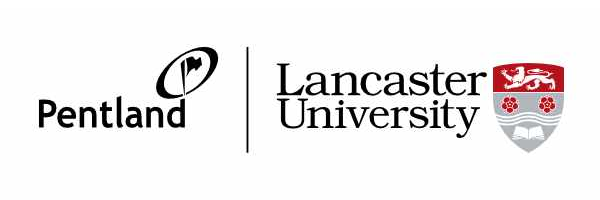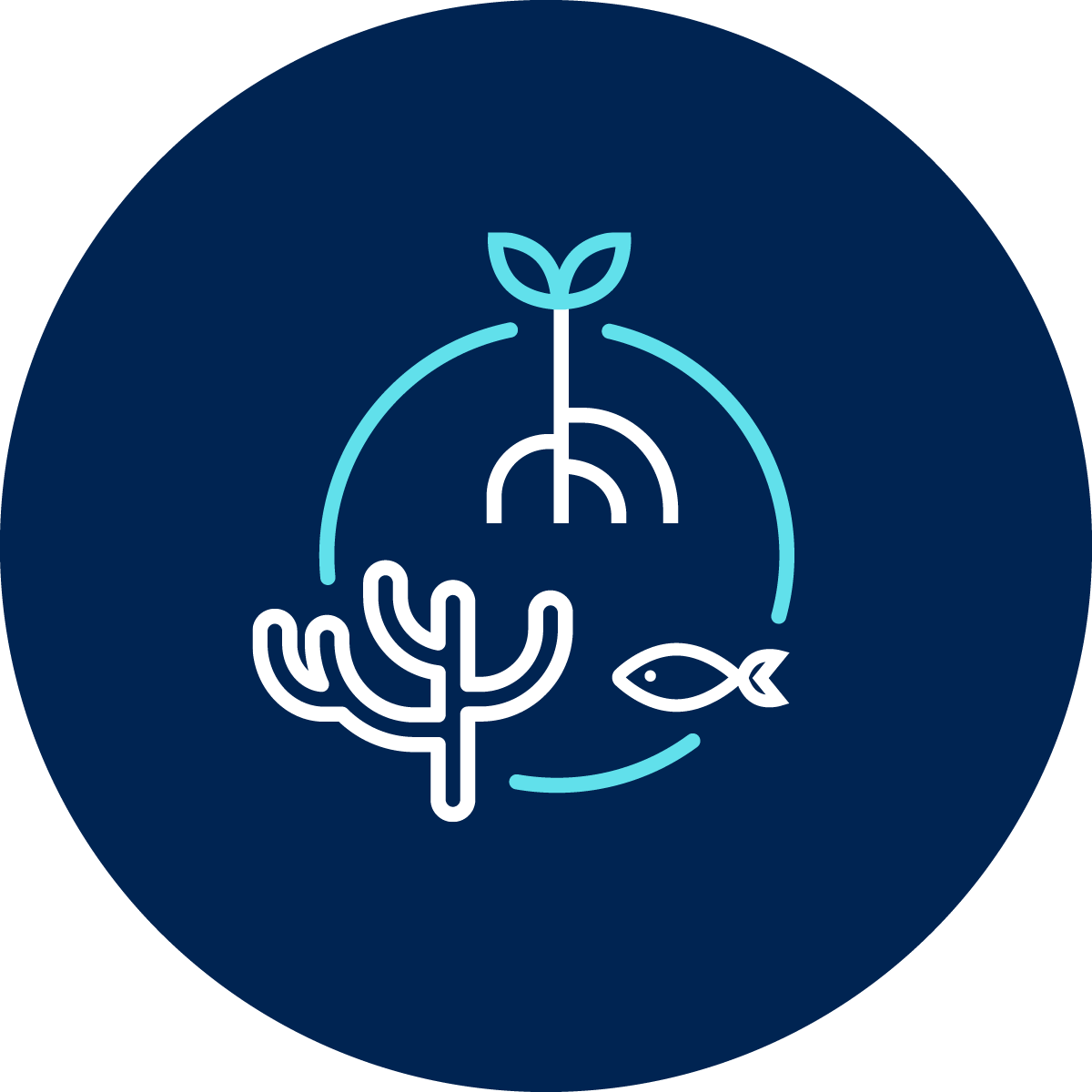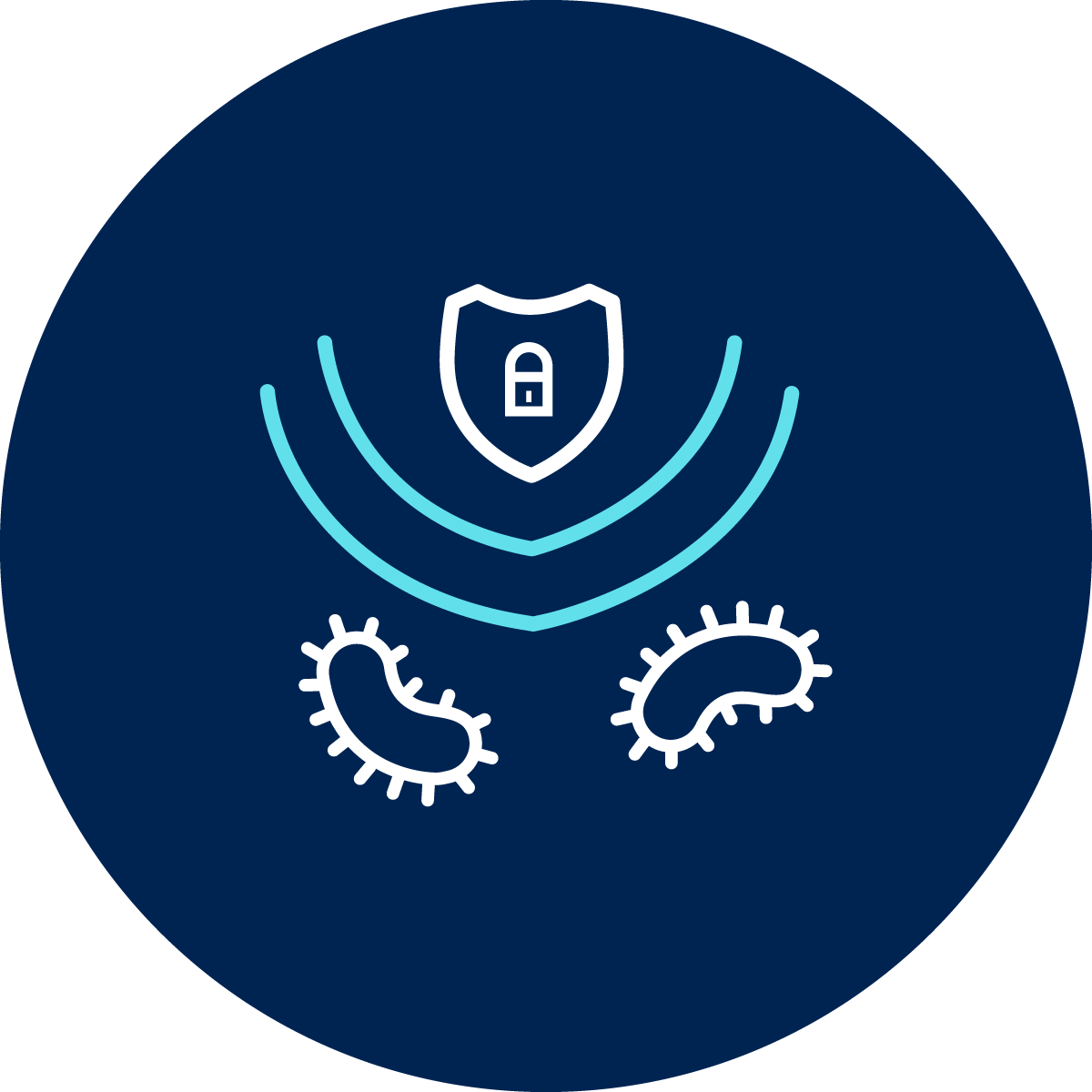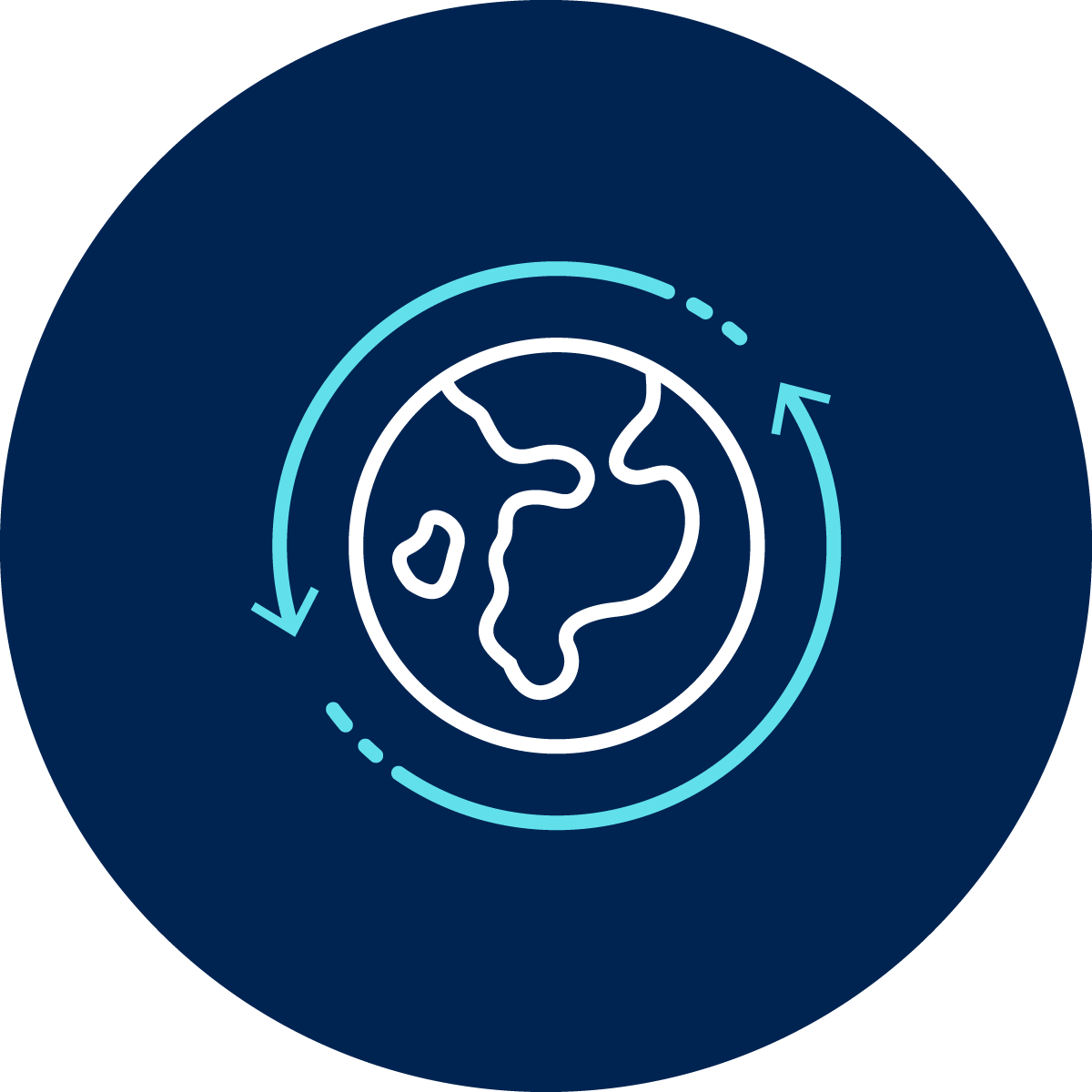We’re implementing a comprehensive, systematic approach grounded in scientific guidance and complemented by innovative tools to combat IUU fishing and modern slavery. This involves conducting risk assessments of our supply chains, identifying high-risk areas, and engaging in proactive initiatives to mitigate these risks. We’ve codeveloped a Tool Kit, which includes policy documents, audit protocols, and advanced traceability mechanisms.
We also engage in external reporting for accountability and transparency, and actively engage with governments, civil society, and other stakeholders to influence policy changes and inspire broader industry change.
Goals agreed to in December 2024
SeaBOS members:
1. Commit to having no IUU fishing products or modern slavery in our own seafood operations after Oct 2021.
2. Require all suppliers and processors of seafood products to affirm that they have no IUU products and do not use forced, bonded or child labour in their operations or supply chains.
3. Will act swiftly and transparently on any evidence that activities involving IUU fishing or modern slavery exist within our own operations and/or supply chains.
We recognise that IUU fishing and modern slavery are endemic within the global seafood industry and require continuous vigilance by all actors. To address these issues, we will proactively assess risks, take necessary due diligence actions, and engage with policymakers to support the elimination of both IUU fishing and modern slavery in our supply chains. We will report in October 2025 on progress towards meeting our goals, including updates on any action plans.
Goals agreed to in October 2020
1. Have no IUU fishing products or modern slavery in our own seafood operations by Oct 2021. (Note: see October 2021 press release).
2. Put science-based measures in place that, when combined, substantially reduce the risk of IUU fishery products or modern slavery being in our supply chains. These measures and their associated time plan for implementation, will be publicly announced by SeaBOS by 31 December 2020. (Note: see resulting Voluntary Procurement Actions and Toolkit)
3. In recognition that IUU fishing and modern slavery are endemic within the global seafood
industry and require continuous vigilance by all actors, we will act swiftly and transparently on any evidence that these activities exist within our operations and/or supply chains. Taking these challenges in to account, we are convinced that the science-based measures that will be put in place, along with continued policy engagement, will support the elimination of both IUU fishing and modern slavery in our supply chains. We will report in October 2022 and October 2025 on progress towards meeting our goals.
Sustainable Development Goal 14: conserve and sustainable use use of the oceans, seas and marine resources
- By 2020, sustainably manage and protect marine and costal ecosystems
- By 2020, effectively regulate harvesting and end overfishing and IUU
- By 2020, prohibit certain forms of fisheries subsidies
- Enhance the conservation and sustainable use of oceans and their resources, by implementing e.g. UNCLOS (United Nations Convention on the Law of the Sea)
Our actions & impact (2023)
Our concerted actions are integral to our efforts to eliminate IUU fishing and modern slavery. The graphics below outline the initiatives each member company has undertaken.
Assessed IUU fishing risks in the supply chain
7/9
Assessed forced, bonded and child labour risks in the supply chain
7/9
Assessed suppliers using social criteria
9/9
Science outlook
Scope, scale and urgency of action
In 2023, despite major efforts during the last two decades in national, regional, and global institutions, among corporations and across governments, modern slavery and IUU fishing remain endemic in the seafood industry. The International Labour Organization along with the Walk Free Foundation and International Organization for Migration estimated that at least 128,000 fishers remain under forced labor conditions aboard fishing vessels. Research has highlighted considerable overlap in patterns of risk for modern slavery and IUU fishing in the seafood industry (see Figure), although the actions needed to address them will differ. The livelihoods, well-being and economic impacts of IUU fishing are devastating for coastal communities and nations, with economic losses in hotspots of IUU fishing such as West Africa estimated at up to USD 9.4 billion annually.
Risk maps for (a) labor abuse and…
(b) IUU fishing at port.
Selig et al. 2022, licensed under CC BY-4.0
Pathways forward
Modern slavery and IUU fishing represent unacceptable practices for any seafood company. SeaBOS members have worked to assess IUU fishing and modern slavery risks across their operations and to improve traceability in their supply chains, with support from the science team. They have also advocated for government action on the Port State Measures Agreement, which includes efforts to eliminate IUU fishing. These steps are important, but not sufficient. Companies have a responsibility to ensure they have adequate policies, traceability schemes, auditing processes and mitigation approaches for addressing IUU fishing. They also need to engage directly with fisheries workers to develop monitoring and report mechanisms and design solutions to address modern slavery. They can also advocate for closing loopholes in national regulatory frameworks that fail to protect migrant fisheries workers. For both modern slavery and IUU fishing, they can share risk assessment frameworks and approaches and communicate openly how they will address known risks, and directly engage with key governments and actors to collaborate on addressing them.
Case studies
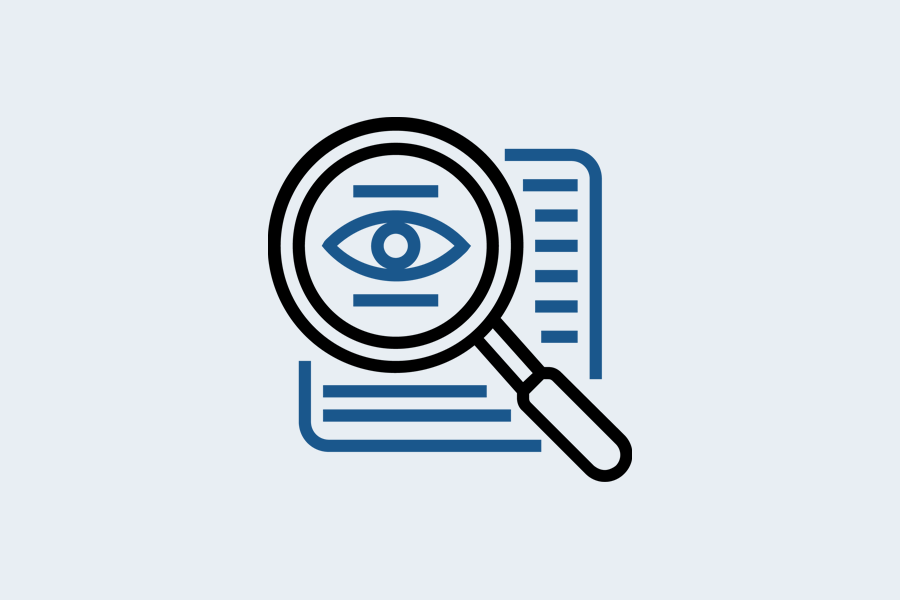
Transparent reporting for accountability
Public reporting in accordance with the GRI standards has a requirement in SeaBOS since 2020 based on conducted materiality assessments. Some SeaBOS companies are also reporting through the Ocean Disclosure Project (ODP) and making their marine products portfolio publicly available. Four companies have been engaging with GDST to implement traceability solutions.
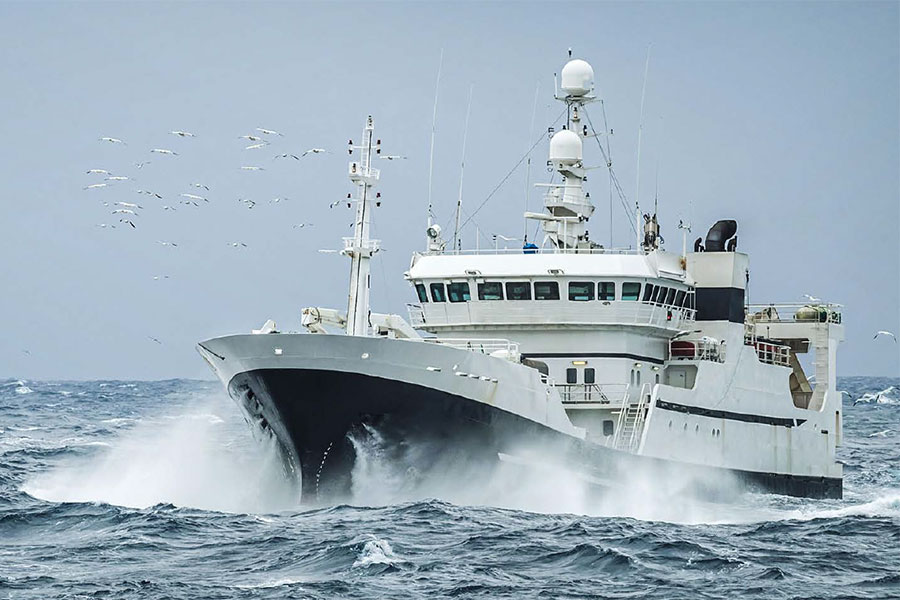
Electronic monitoring on vessels
SeaBOS has developed a Proof of Concept
(PoC) to transform the level of transparency aboard commercial fishing vessels, using facial recognition software and deck cameras to identify e.g. species and catch volume, with automatic upload to a blockchain platform. The PoC illustrated that it is possible to execute this level of traceability on fishing vessels.
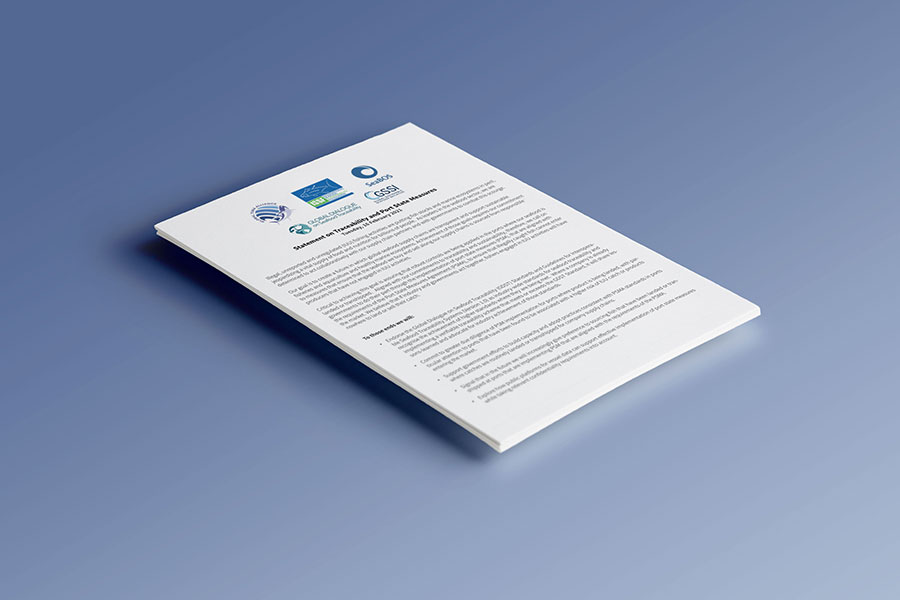
Joint statements
SeaBOS has publicly supported the removal of harmful fishing subsidies, a key barrier for reducing IUU fishing. In addition, we have published a joint statement on traceability and Port State Measures to support healthy marine ecosystems and fisheries.
